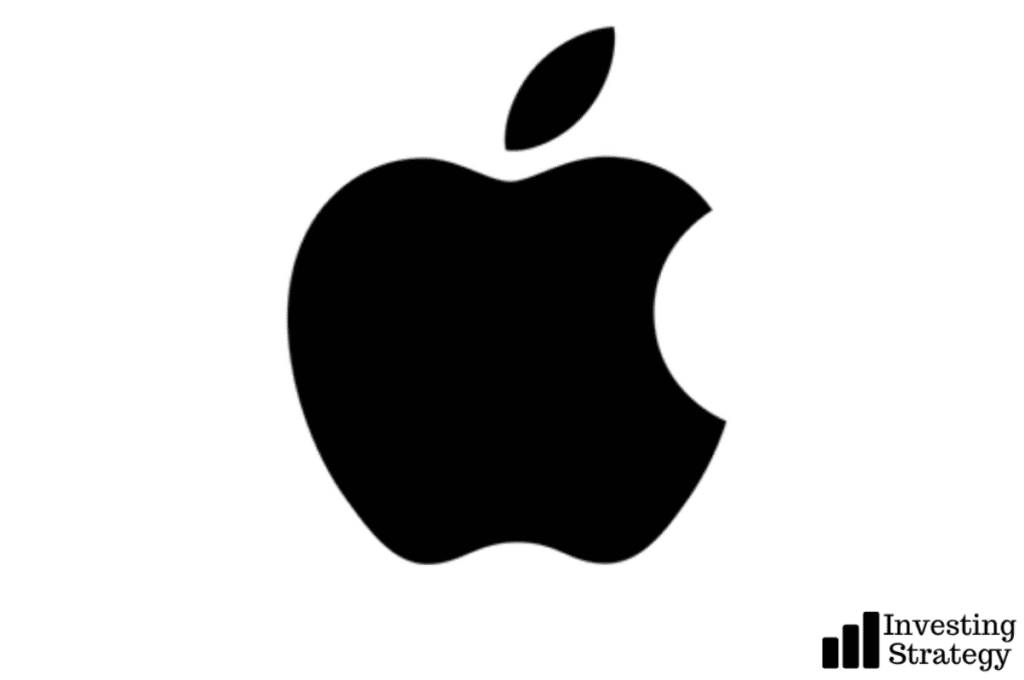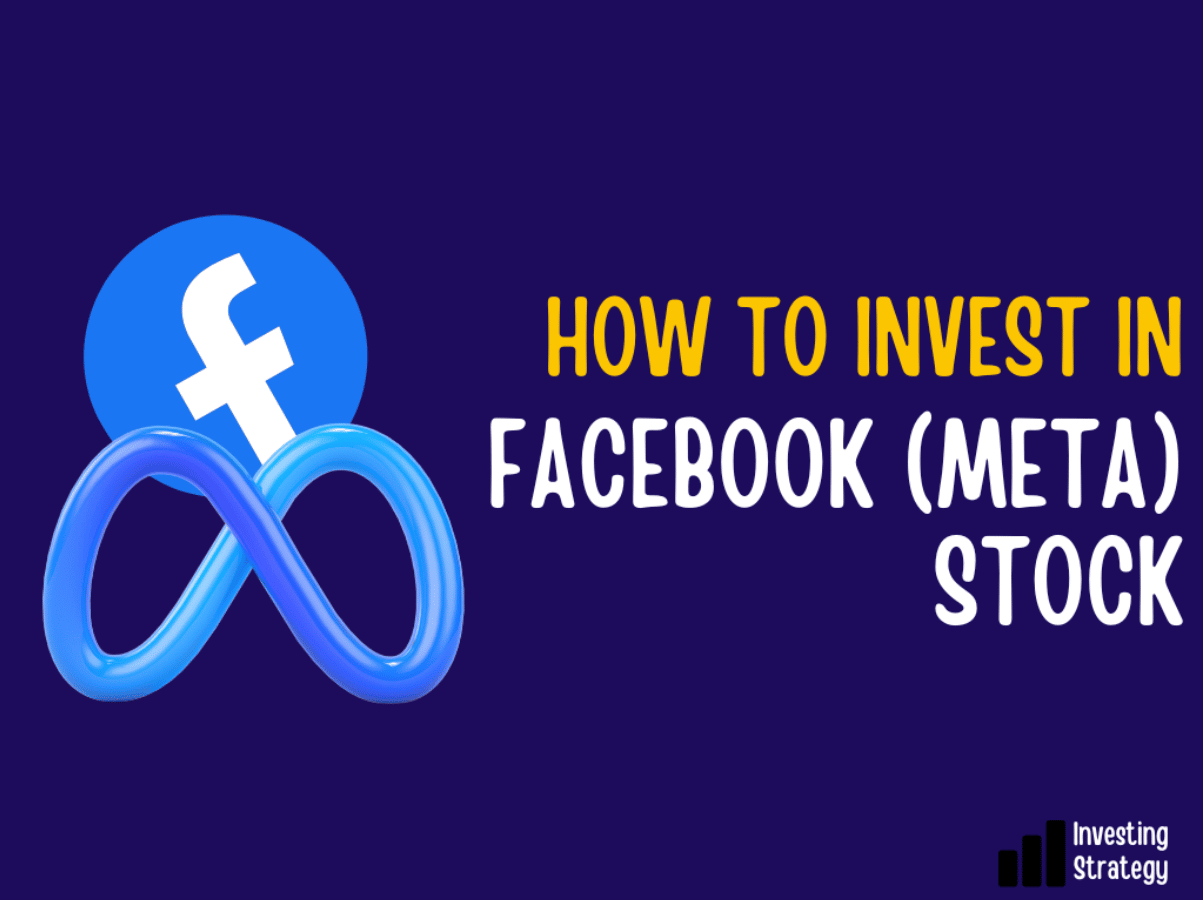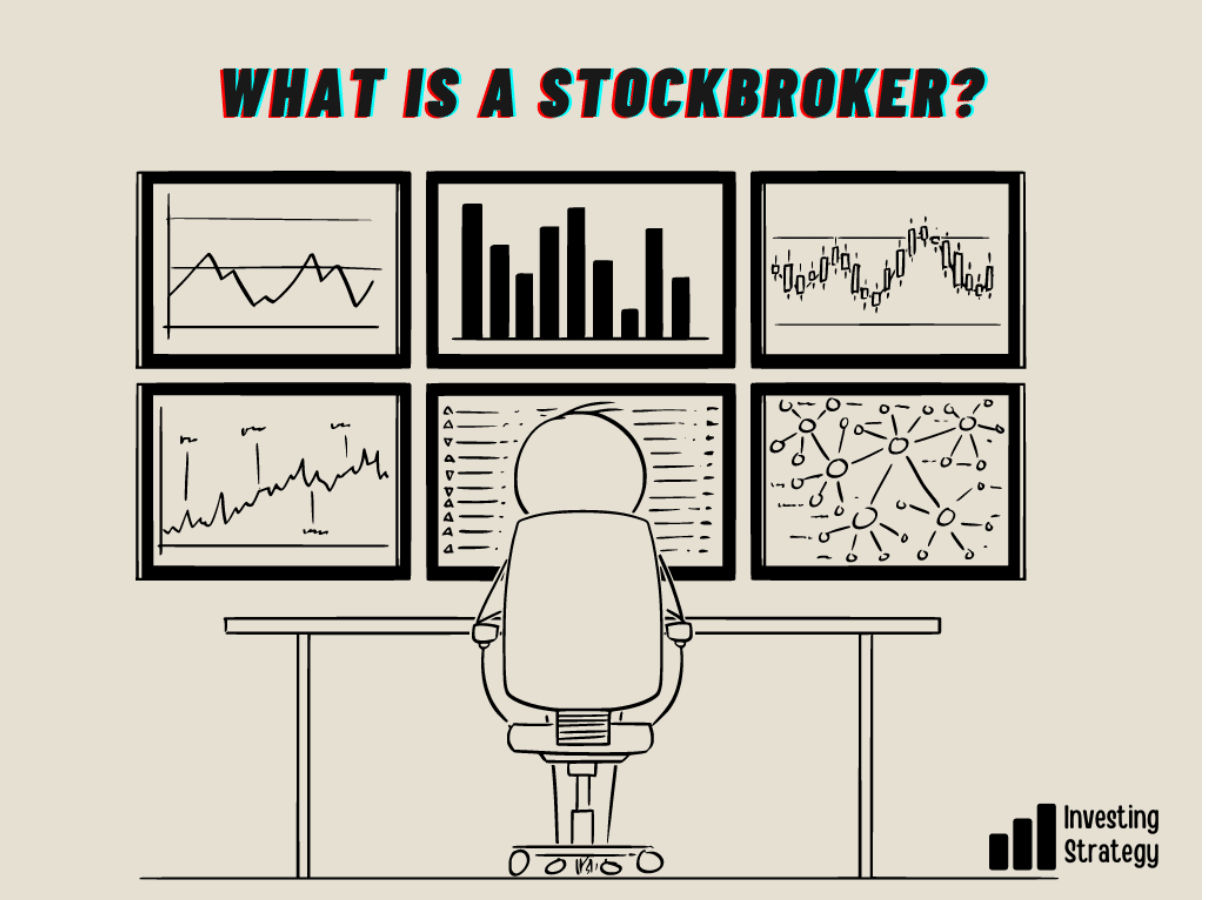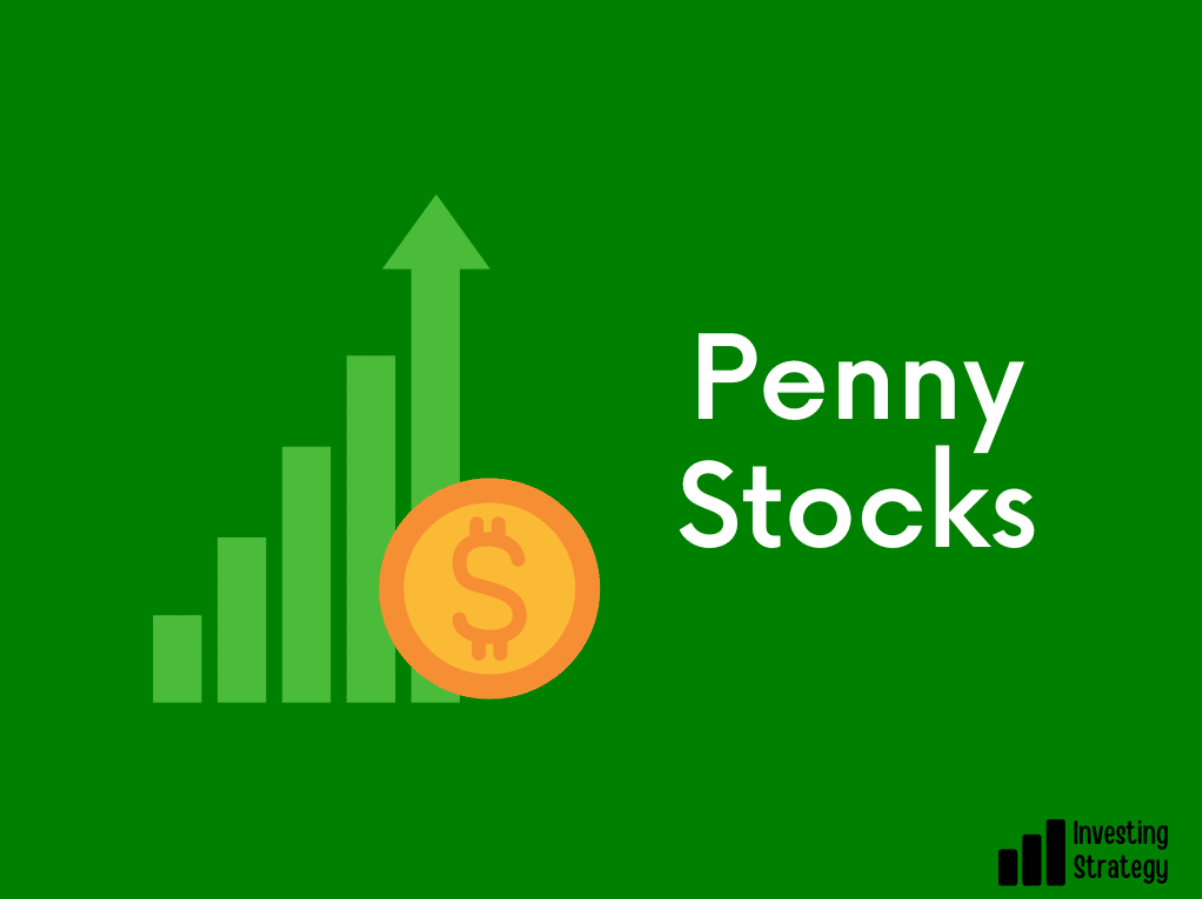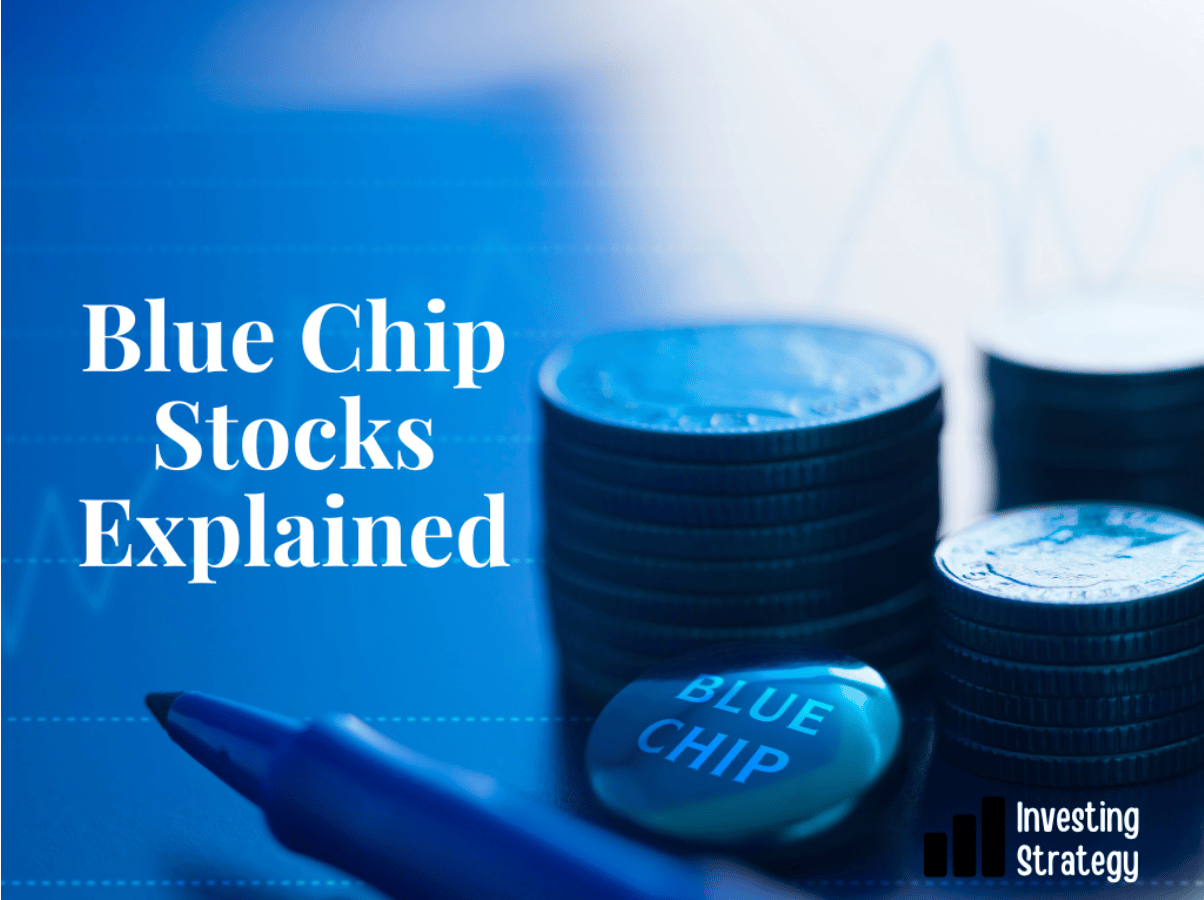Investing can be a very profitable business, but also very costly and we can all agree that it is not easy. With myriad choices from stocks to forex and CFDs, understanding the basics is vital. In this article, we’ll answer some key questions to help you learn more about investing.

Some Basic Questions
What is the difference between stocks and shares?
In short, the terms “stock” and “share” are often used interchangeably. A “share” refers to a single unit of ownership in a company, while “stock” is the collective term for all the shares a person owns in different companies.
How do I start investing in the stock market?
Starting is simpler than most think:
- Research: Dive into companies and industries of interest. For example, research Apple or Facebook.
- Choose a Brokerage: Look for user-friendly platforms with minimal fees.
- Diversify: Spread investments across different sectors to manage risks.
- Monitor and Adjust: Stay informed and adjust your portfolio as needed.
Diving into Forex
What is forex and how does forex trading work?
Forex, short for foreign exchange, is the global marketplace for trading national currencies against one another. It operates as a decentralized market, and the buyer anticipates one currency to become more valuable toward another currency whereas the seller predicts that it will become weaker. The global forex market is huge and the volatility in rates between currencies is high, driven by factors like interest rates, geopolitical events, and economic data.
How can I find a reliable forex broker?
Ensure the broker is:
- Regulated by a recognized financial authority.
- Offers a transparent fee structure.
- Provides a robust trading platform with analytic tools, real-time data and educational resources.
- You will find some guidance on the best regulated forex brokers here.
What are CFDs
What are CFDs and how are they different from traditional stock trading?
CFDs, or Contracts for Difference, allow investors to speculate on price movements without owning the actual asset. Unlike traditional stock trading where you own a share of the company, with CFDs, you’re merely entering into a contract based on the price difference from when the contract is opened to when it’s closed.
Investment Tips and Strategies
What strategies can I use to maximize my returns in the stock market?
- Stay Updated: Market conditions change. Stay informed with platforms like investingstrategy.co.uk.
- Long-Term Perspective: Historically, stocks have shown potential for growth over long periods, however holding stocks over shorter periods increases the risk.
- Risk Management: Set a budget, diversify, and be aware of market volatility.
- Type of assets: Understand different asset classes and learn about them, for example, penny stocks or blue chip stocks.
How do interest rates affect stock trading?
Higher interest rates generally offer better returns in the bond market making risk-free investments more attractive and thus in general making holding stocks less attractive. Thus, when interest rates start to increase the stock market generally performs worse, and in the end of an up-going trend of interest rates and in the beginning of a falling interest rate trend the stock market generally will perform better.
How do interest rates affect forex trading?
Higher interest rates generally offer lenders better returns, attracting more foreign capital, which can cause the value of that country’s currency to rise.
Final Thoughts
Remember, all investing, from stocks to forex and CFDs, offers immense opportunities but also big challenges. It’s imperative for you to continuously learn, stay updated, and adopt a strategy that will fit your personal risk appetite.
As all investment types come with their own set of risks and rewards, do your due diligence, consult experts when needed and if you have any questions don’t hesitate to ask us at Investingstrategy.co.uk.
Happy investing!
Read More How-To Guides
How to Invest in Apple Stock
Apple generated over $360 billion in sales in 2021, making it the biggest company in the world by market cap. Whether or not you use an Apple device, you can benefit from the company’s wealth by buying its stock, and this comprehensive guide will help you do that. Concise Overview Introduction On April 1, 1976,…
How to Invest in Facebook (Meta) Stock
For some investors, investing in an individual stock or mutual fund can be confusing and technical. With a focus on Meta Platforms (Facebook), this article explains how to invest in stocks and mutual funds. Concise Overview Introduction If you had to mention three social media platforms off your head, at least one of them would…
How to Choose a Stockbroker
Choosing a stockbroker is not an easy task. But when you select the right one, especially as a beginner, it can make all the difference to your investing success. Concise Overview Introduction Trading stocks is a serious business. It’s not just about your money and investments — it’s also about your time and energy. You…
How to Invest in Penny Stocks
The penny stock market can be exciting and profitable. But you’ll need to understand the risks to trade with the right strategy. This guide explores everything to know about penny stock investment. Concise Overview Introduction to Penny Stocks If you’ve ever wondered how to invest in penny stocks, you’re not alone. This type of trading…
How to Invest in Blue Chip Stocks
Blue-chip stocks are well-known and large companies with a long history. In theory, they have fewer risks. In practice, you need to know what you’re getting into before investing. Concise Overview Blue chip stocks are one of the most popular investments among investors and corporations. They’re also referred to as large-cap companies, which means they…


